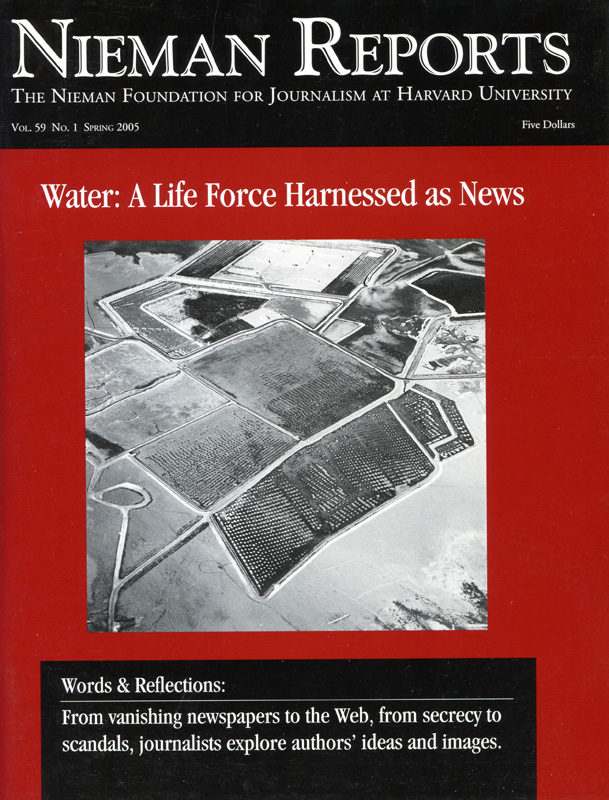Secrecy in the Bush Administration
Rep. Henry A. Waxman
U.S. House of Representatives Committee on Government Reform-Minority
Staff Special Investigations Division,
September 2004
www.democrats.reform.house.gov
In this 81-page report staff members of the Committee on Government Reform analyze the Bush administration’s “unprecedented assault on the principle of open government laws,” alleging that laws promoting public and congressional access to federal information have been undermined while those favoring secrecy and the restriction of public access continue to expand. Released in connection to Rep. Waxman’s Restore Open Government Act of 2004 bill, “Secrecy in the Bush Administration” urges the public to consider the implications of expanding government secrecy: “When government operates in secret, the ability of the public to hold the government accountable is imperiled.”

Homefront Confidential: How the War on Terrorism Affects Access to Information and the Public’s Right to Know
Fifth Edition, September 2004
Prepared by The Reporters Committee for Freedom of the Press (RCFP)
www.rcfp.org/homefrontconfidential
“Homefront Confidential” outlines recent actions by state and federal government agencies that restrict information from the public. Beginning with a 12-page “Chronology of Events,” the report contends that, years after the 9/11 emergency measures taken to ensure immediate safety and security, “secrecy in the United States government is now the norm.” The report lists the USA Patriot Act, new ground rules for embedded press, and subpoenaed journalists among the top threats to journalists. Access to terrorism and immigration proceedings and freedom of information receive a 30-page discussion and the highest threat level assigned by RCFP: “Severe Risks to a Free Press.”
Rep. Henry A. Waxman
U.S. House of Representatives Committee on Government Reform-Minority
Staff Special Investigations Division,
September 2004
www.democrats.reform.house.gov
In this 81-page report staff members of the Committee on Government Reform analyze the Bush administration’s “unprecedented assault on the principle of open government laws,” alleging that laws promoting public and congressional access to federal information have been undermined while those favoring secrecy and the restriction of public access continue to expand. Released in connection to Rep. Waxman’s Restore Open Government Act of 2004 bill, “Secrecy in the Bush Administration” urges the public to consider the implications of expanding government secrecy: “When government operates in secret, the ability of the public to hold the government accountable is imperiled.”

Homefront Confidential: How the War on Terrorism Affects Access to Information and the Public’s Right to Know
Fifth Edition, September 2004
Prepared by The Reporters Committee for Freedom of the Press (RCFP)
www.rcfp.org/homefrontconfidential
“Homefront Confidential” outlines recent actions by state and federal government agencies that restrict information from the public. Beginning with a 12-page “Chronology of Events,” the report contends that, years after the 9/11 emergency measures taken to ensure immediate safety and security, “secrecy in the United States government is now the norm.” The report lists the USA Patriot Act, new ground rules for embedded press, and subpoenaed journalists among the top threats to journalists. Access to terrorism and immigration proceedings and freedom of information receive a 30-page discussion and the highest threat level assigned by RCFP: “Severe Risks to a Free Press.”



